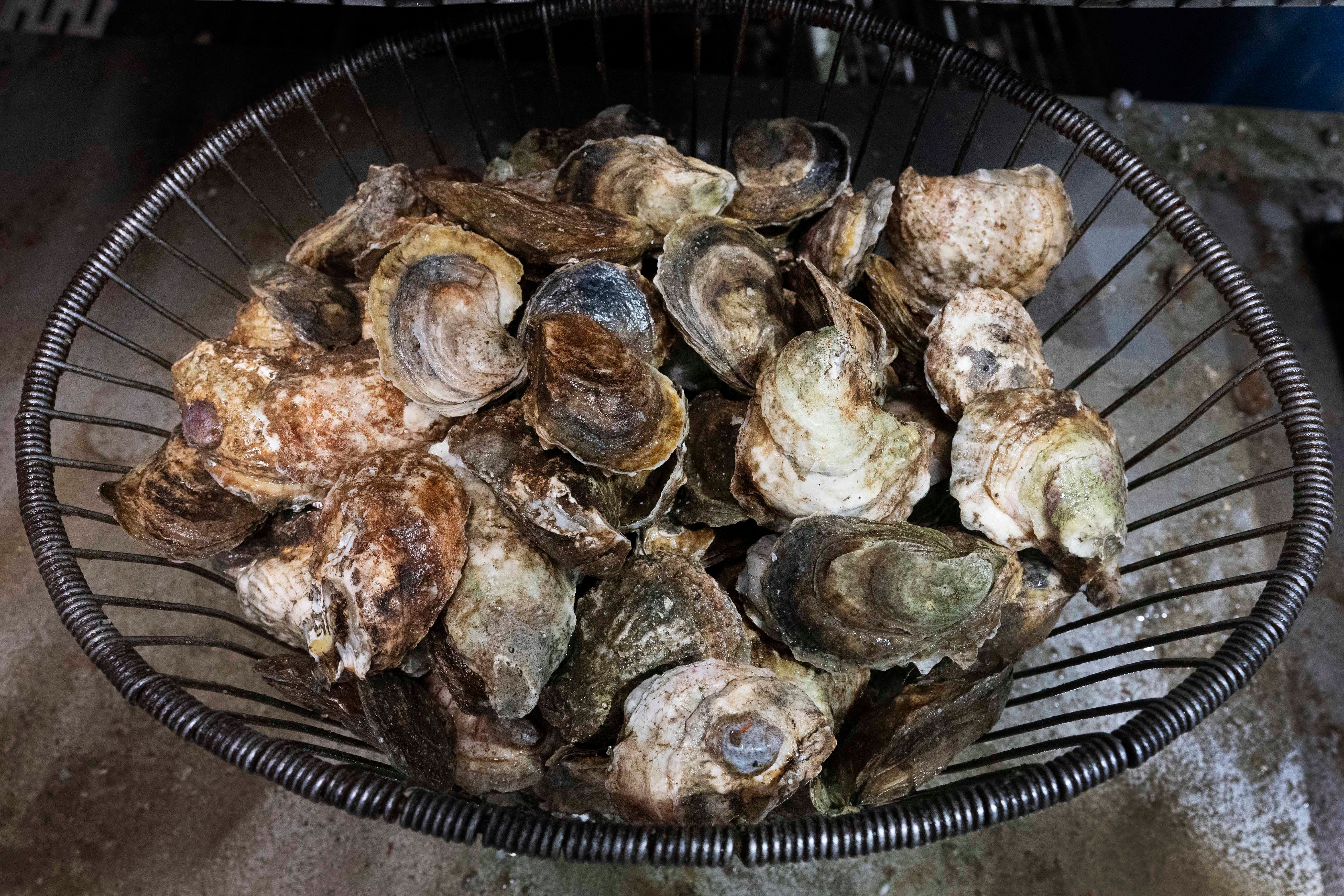Two Connecticut deaths linked to bacteria found in raw shellfish
Connecticut's health department says two residents have died this summer from infections linked to a bacteria found in raw shellfish or seawater

Two Connecticut residents have died this summer from infections linked to a bacteria found in raw shellfish or seawater, the state Department of Public Health said Tuesday.
Three people in the state are known to have been infected with the Vibrio vulnificus bacteria, which doesn’t make an oyster look, smell or taste any different. The state Bureau of Aquaculture said it does not believe any of the infections are linked to Connecticut shellfish.
Two of the three cases were wound infections not associated with seafood, the health department said, and the third infection was a Connecticut resident that consumed raw oysters not harvested from Long Island Sound at an out-of-state establishment.
All three victims were between the ages of 60 to 80 and the two deaths occurred in July, the department said, adding that it’s first time Connecticut has seen a Vibrio case in three years.
Connecticut is home to a thriving oyster industry, and conducts regular tests for the bacteria. Vibrio vulnificus has never been found in state waters, the health department said, and most infections are linked to shellfish from much warmer waters where the bacteria can thrive.
Since 2014, the state has also added requirements designed to cool oysters to the point where the bacteria cannot survive, the department said. In high-risk areas, harvested oysters are immediately placed in an ice slurry. In lower-risk areas, harvesters are required to refrigerate or ice all oysters within five hours of harvest.
Bookmark popover
Removed from bookmarks